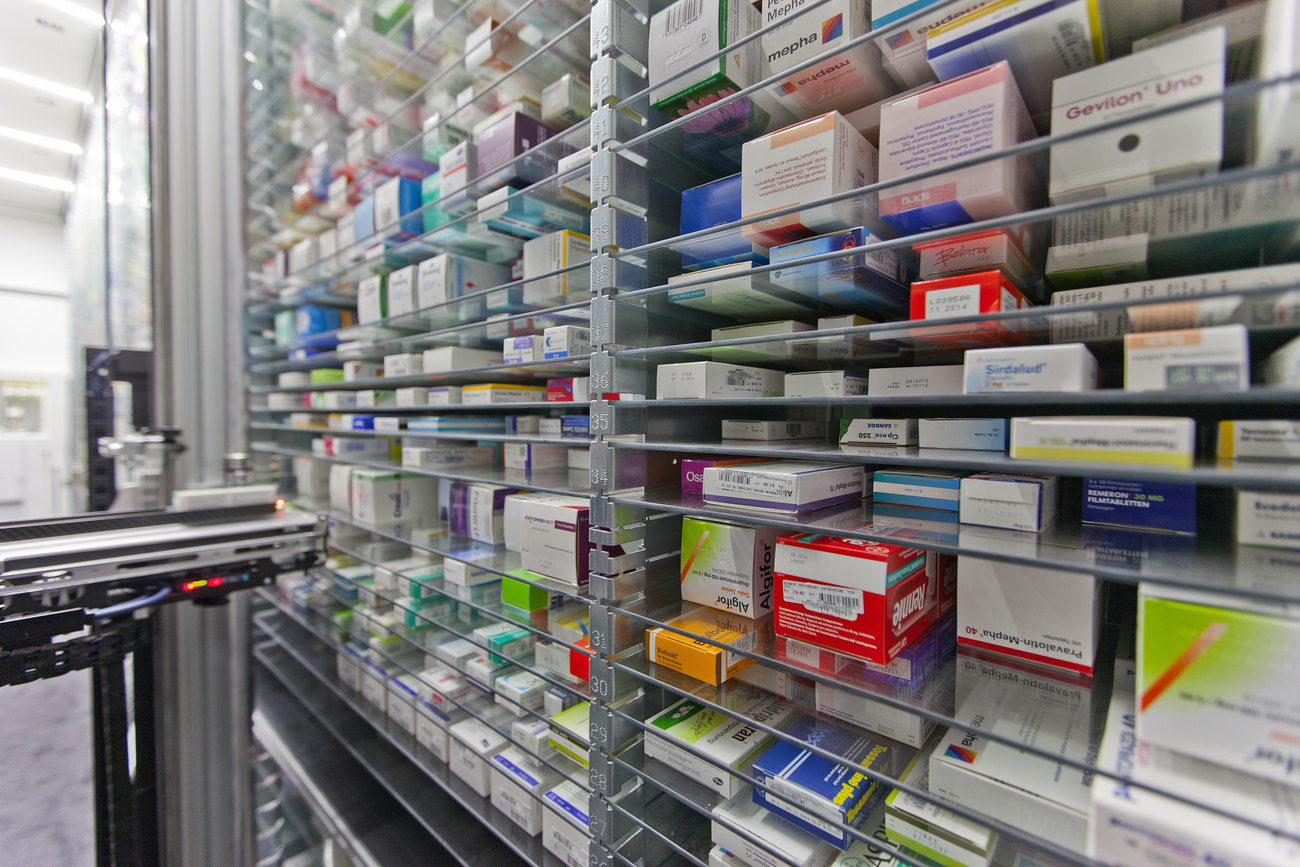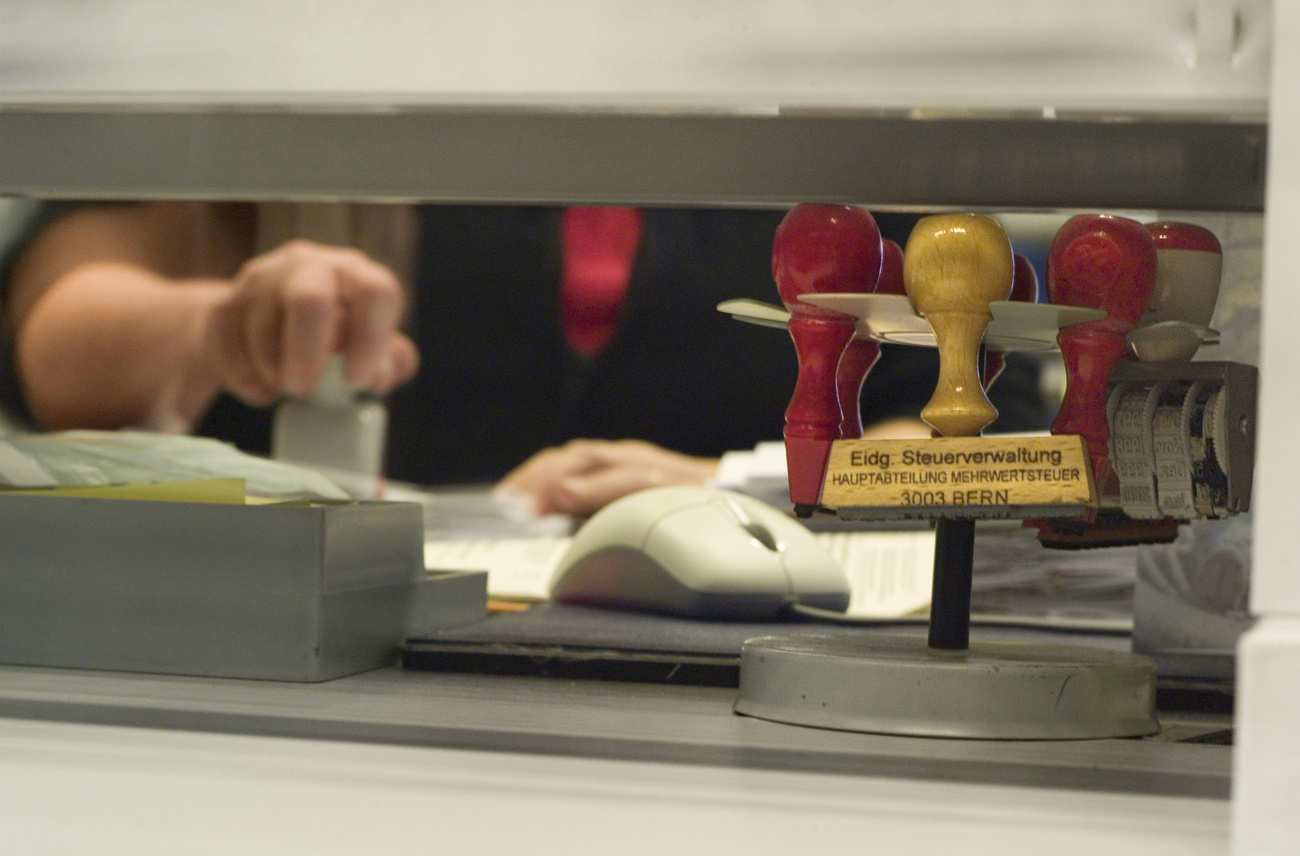Will the pharmaceutical industry ever kick the kickbacks?

Our analysis of what the biggest global companies in Switzerland are up to. This week: bribery in the pharma industry, tax breaks and a new gold standard.
Last week, Novartis put another legacy issue behind it, agreeing to pay US authorities $729 million (CHF688 million) to settle bribery probes. Will this be a turning point for the industry?
The settlement comes several years after investigations began into allegations that the Basel-based company bribed doctors to prescribe its drugs. This is the second major settlement for bribe-related investigations in a month.
Novartis acknowledged that these were not its proudest moments and has put in place new leadership and various policies and compliance checks to prevent this from happening again.
This means that physicians may not be treated to lavish meals or ski holidays the way they used to. But it hardly means that the winks and nods between pharma companies and health providers and authorities are a thing of the past.
After the Novartis announcement, Pascal Schumacher at Swiss public television, SRF, wrote that the industry’s self-regulation is turning into a farce. He said that the industry has put out glossy reports and policies committing to ethical practices, but it has resisted transparencyExternal link. Even hefty fines haven’t deterred them.
Sarah Steingrüber, an anti-bribery health expert based in Berlin, told me that what is really worrying are the less obvious forms of influence, many of which are only getting worse during the pandemic.
A report last week found that more than a dozen companies developing Covid-19 vaccines, therapies or diagnostics are represented by lobbyistsExternal link connected to US President Donald Trump. The rush to get products on the market also means that some of the usual due diligence is being sidestepped when it comes to clinical trials transparency.
Few authorities are taking the time to see if the companies selling products have any credentials in healthcare let alone whether they are legal, law-abiding entities or simple shell companies trying to profit off the pandemic.
What are you concerned about when it comes to the money changing hands during the pandemic? I’d be interested to hear what you are seeing where you live. Send me a message: jessica.davis@swissinfo.ch
In other news:
Controversial tax breaks cost Switzerland CHF12 billion in lost revenue. This is according to a report by the Federal Audit Office released last week that looked at the last twenty years and found that 30-90 multinational firms received special tax deals every year.
Last year, Switzerland approved a major tax reform that ditched tax breaks on foreign earnings of multinationals. To counteract this, cantons have dropped baseline tax rates for all firms in hopes that it will keep them from fleeing.
PX Group refinery has developed a new ethical gold standard. As French-language paper LeTemps reports, the refinery based in La Chaux-de-Fonds has created PX Impact, an initiative that aims to guarantee they are sourcing clean goldExternal link. Customers pay a premium in hopes that this incentivises miners to adopt good practices.
Marc Ummel, who heads raw materials at the NGO Swissaid, told the paper that he’s not convinced: “It is not a solution for everyone to have their own label. Who audits them?” But industry-wide certification schemes aren’t perfect either.
Switzerland pays a hefty price for corporate crime. According to a report released by consulting firm KPMG last week, the damage caused by corporate crime doubled in 2019, costing the Swiss economy some CHF363 million. The number of fraud cases in excess of CHF10 million rose from four in 2018 to nine last year.
More than 20 pharma companies have created a nearly $1 billion fund for antibiotics. While a welcome move, many are worried that this is only a band-aid for the underlying problems in the industry. The fund will help bridge the financing gap for novel antibiotics but the bigger issue is how to ensure global access while also providing incentives for firms to continue to develop drugs.

In compliance with the JTI standards
More: SWI swissinfo.ch certified by the Journalism Trust Initiative











You can find an overview of ongoing debates with our journalists here . Please join us!
If you want to start a conversation about a topic raised in this article or want to report factual errors, email us at english@swissinfo.ch.